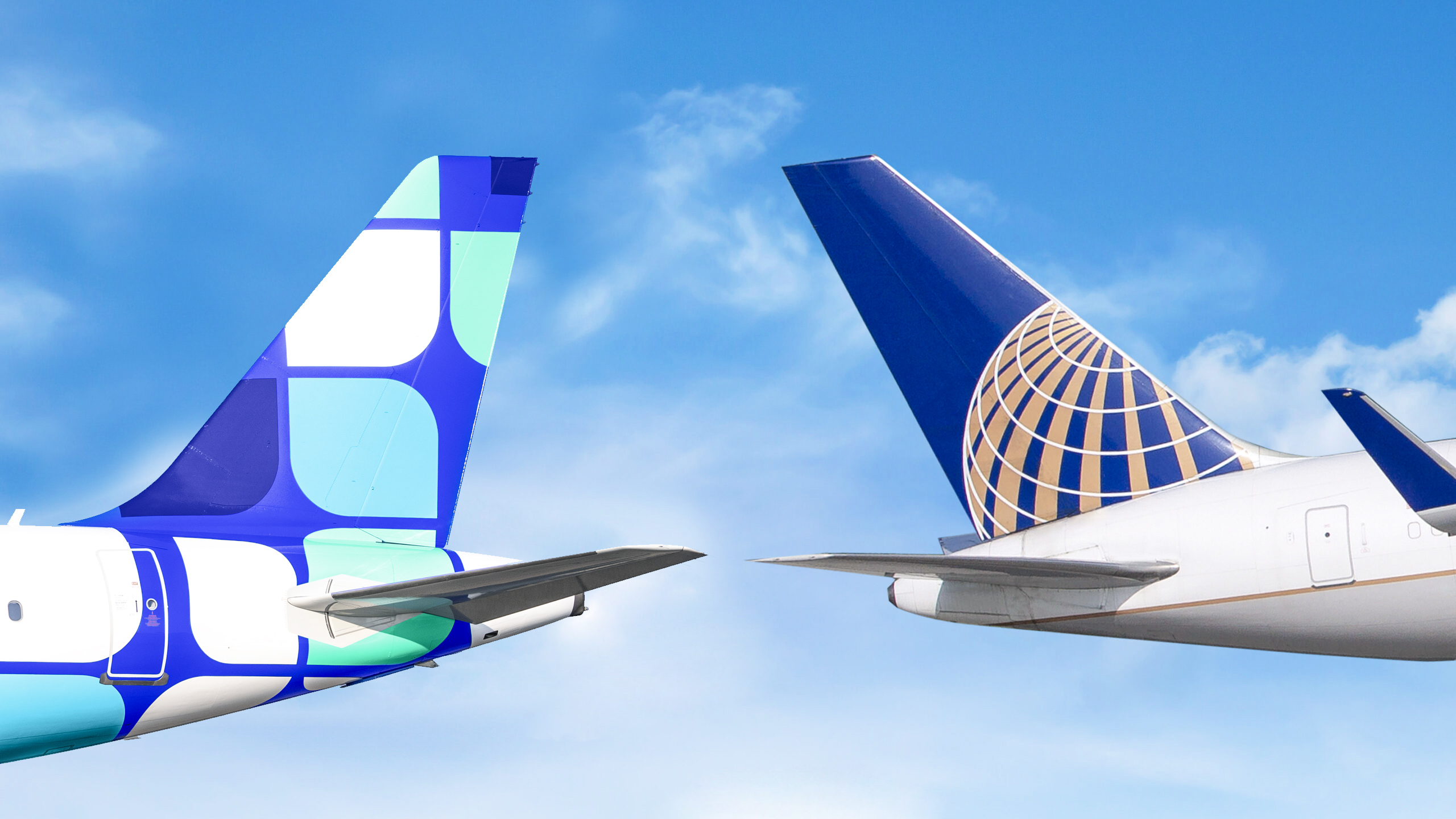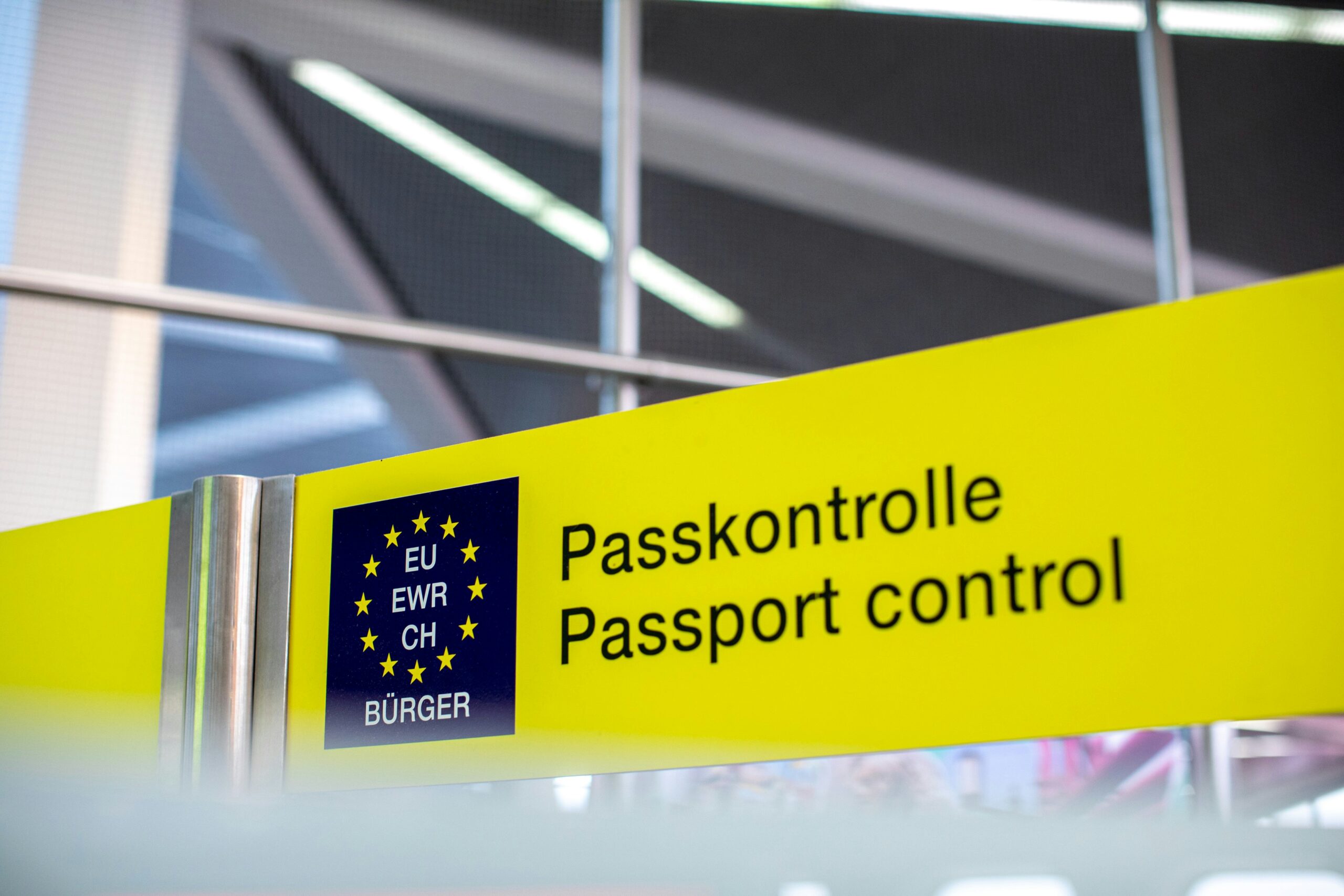Business Travel in 2024: How Much Are Travelers Really Paying Out of Pocket?
Business trips can get pricey: even with companies managing expenses, travelers often have to fork out their own money to fill in the gaps
by Lark Gould
August 26, 2024
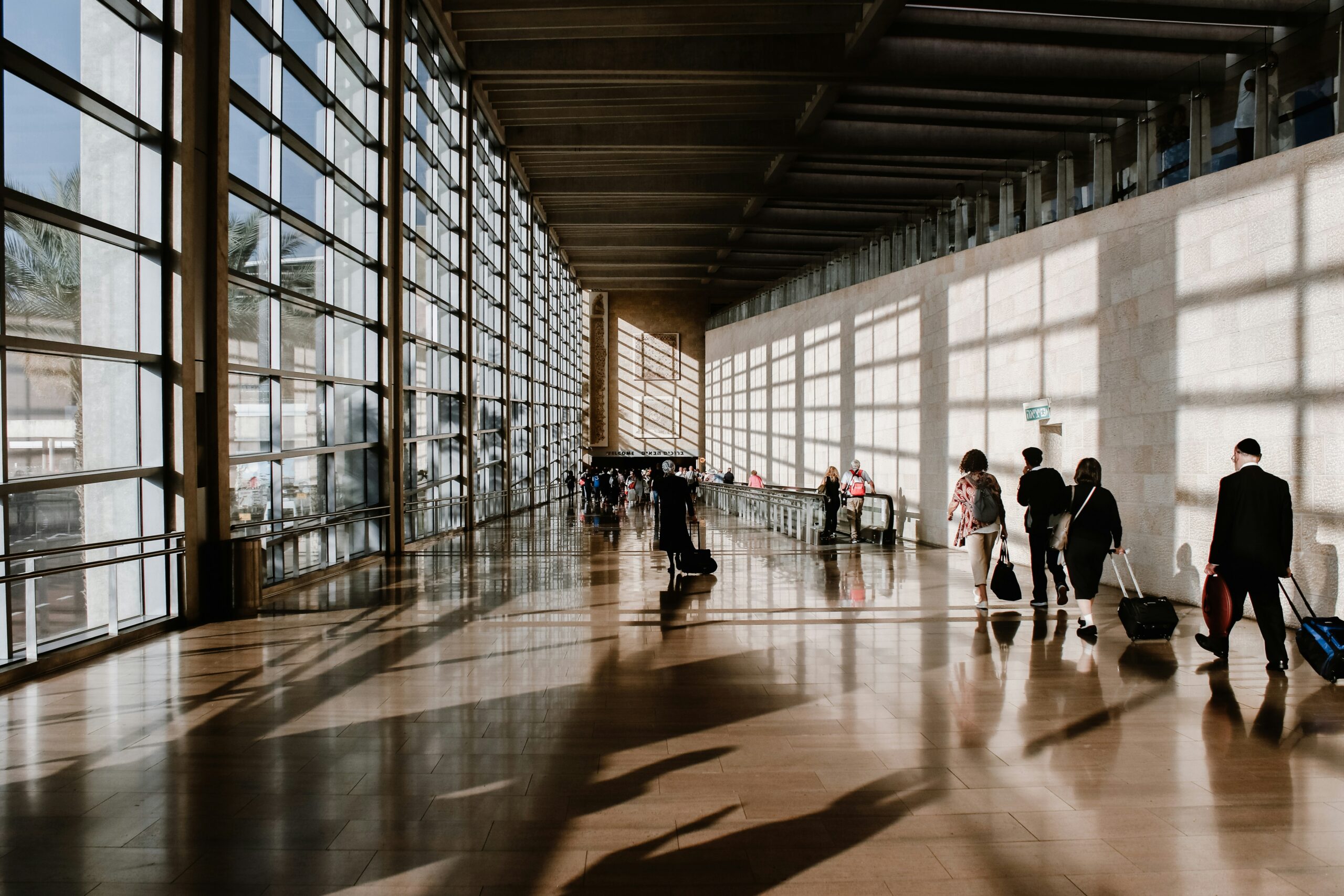
Photo: Courtesy of Briana Tozour / Unsplash
Business travel is not cheap, and while expenses are managed through corporate travel departments, travelers often end up dipping into their own pockets to bridge the gaps.
How big are the gaps? A recent survey by Booking.com puts the average out-of-pocket expenses per trip per traveler at $700. Global Business Travel Association (GBTA) puts that spend at $834.
Increased Global Spend
“Business travel is somewhere between $1.4 and $1.5 trillion in total spend, and it’s a very organized spend,” says Suzanne Neufang, CEO of GBTA. “We are witnessing the expected rebound in the sector, with projected spending expected to continue to increase through 2028. However, we must remain vigilant and adaptive to potential headwinds in this period of stabilization.”
Nearly two-thirds (64 percent) of business travelers globally report increased spending compared to 2023, with lodging accounting for most ($312 on average). Food and beverage expenses average $153, air travel averages $176, ground transportation costs $103, and miscellaneous expenses total $89.

Photo: Business Traveler. Courtesy of Bram Naus / Unsplash
More than half of those surveyed (58 percent) say they extend travel opportunities for some vacation or leisure time.
Despite the impressive and growing business travel trajectory, only 60 percent of companies have a corporate travel policy, according to Trondent, an Illinois-based firm that provides web-based data management services to the global travel industry.
Whether business travelers are funding their own trips or just a portion of it, new reports gathered as the sector climbs out of the pandemic reveal the top priorities during these times are comfort and cost.
Trendex Report
To that end, a 2024 Trendex survey from American Express found that, as far as comfort goes, more than three-quarters (77 percent) of business travelers will pay for a hotel or airfare upgrade for a work trip from their own pocket or with personal points.
Millennials and Gen-Z are almost twice as likely as Gen-X and Boomers to do this frequently (30 vs. 17 percent). Companies cover amenities such as in-flight WiFi and early hotel check-in, usually on a case-by-case basis.
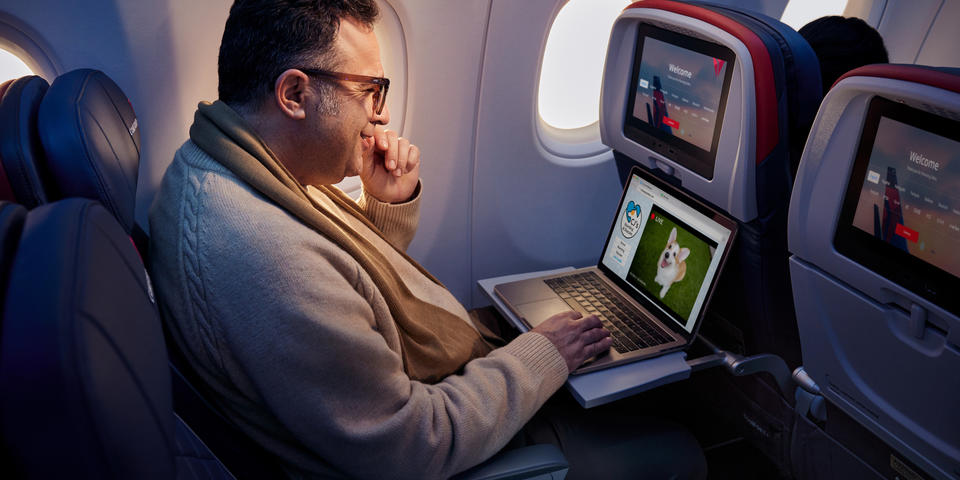
Photo: Courtesy of Delta Air Lines
Gym access is among the top amenities business travelers want but their companies are not likely to cover that.
Top Incentives
When it comes to out-of-pocket travel costs beyond what may be covered by a company, a March 2024 study by Booking.com found top incentives to be:
• All-paid dining options (52 percent)
• Luxury accommodations (47 percent)
• Per diem allowances (34 percent)
• Premium benefits (33 percent)
The most common categories for add-on payments are dining expenses, entertainment, and tips.
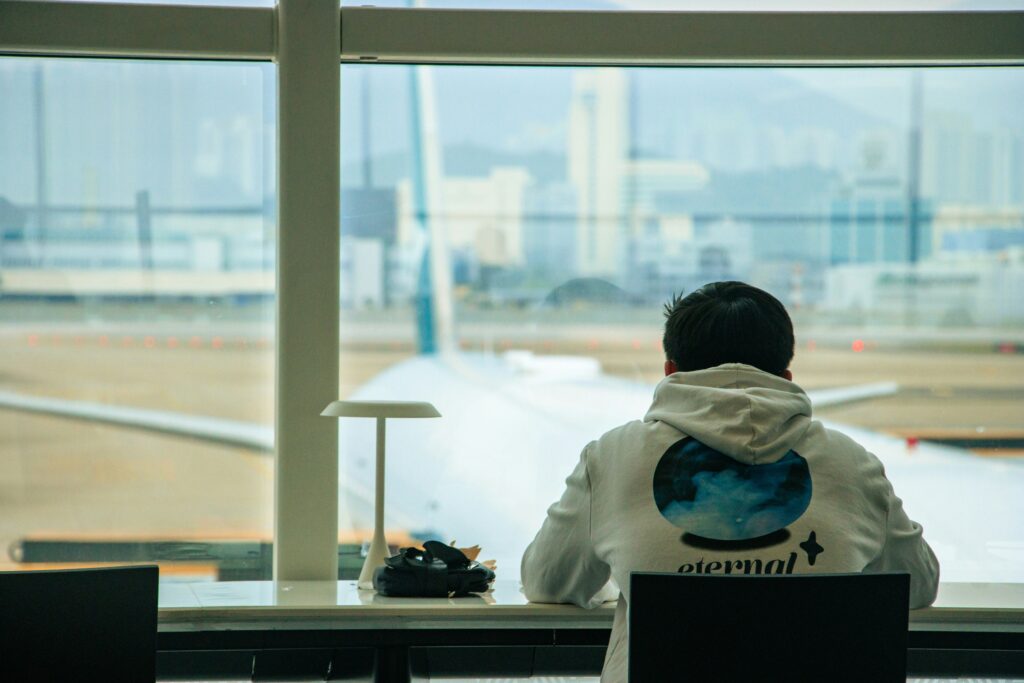
Photo: Courtesy of Henry Deng / Unsplash
What travelers don’t want are last-minute surprises, and that extends to a lack of access to travel managers as plans zig and zag. Nor do they want complicated expense management systems and reimbursement delays,
“We have to think on a business traveler perspective: why are those travelers on the road? What would get their jobs done better? How can they be efficient, productive, and stay well?” says Neufang. “Because that’s still and will be a theme in our discussions for years. The traveler is key as we go forward.”


